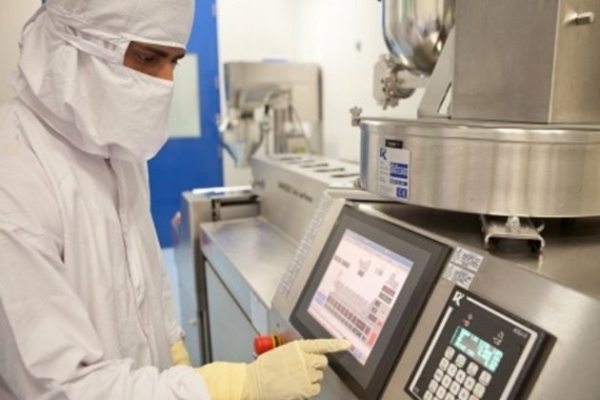Sanofi cuts insulin prices by up to 78 pc

New York [US], March 17 (ANI): French drugmaker Sanofi said it would cut the price of some of its insulin products by as much as 78 per cent in the US, The Wall Street Journal said. It will join other big pharmaceutical companies facing pressure to reduce the cost of diabetes treatments. Sanofi plans to take a 78 per cent list-price reduction on Lantus, the company’s most widely used insulin in the US, and a 70 per cent cut on its Apidra product starting in January 2024, the company said on Thursday. Sanofi said it would cap a Lantus patient’s monthly out-of-pocket cost at USD 35. "No one should struggle to pay for their insulin," said Olivier Bogillot, Sanofi’s head of US general medicines. Sanofi is one of the largest makers of insulin, along with Eli Lilly and Co and Novo Nordisk, both of which recently said they would slash insulin prices.Lawmakers have stepped up criticism of insulin prices, which can cost hundreds of dollars a month after their makers raised prices. For many people with diabetes who are insured, WSJ said Sanofi’s actions might not lead to an immediate drop in costs because patients pay fixed monthly copays that might not change in the short-term. However, price cuts could help people without insurance.Nor might the price moves affect Sanofi since the company hasn’t been getting paid the full list price for its products because of discounting. A Sanofi spokesman said the financial impact of the price cuts will depend on negotiations with the companies that pay for medicines, among other factors. According to WSJ, insulin injections are a key treatment for people with diabetes, a condition that affects an estimated 37 million Americans who have high blood-sugar levels because they don’t make insulin on their own or don’t make enough to use it well. The injections help people with diabetes manage their blood-sugar levels and avoid kidney, vision and other health problems caused by uncontrolled levels. Manufacturers raised list prices for their insulins significantly during the 2010s. According to WSJ, the companies said they didn’t collect all of the increases, because they had to pay larger rebates to the companies that manage drug benefits. (ANI)

